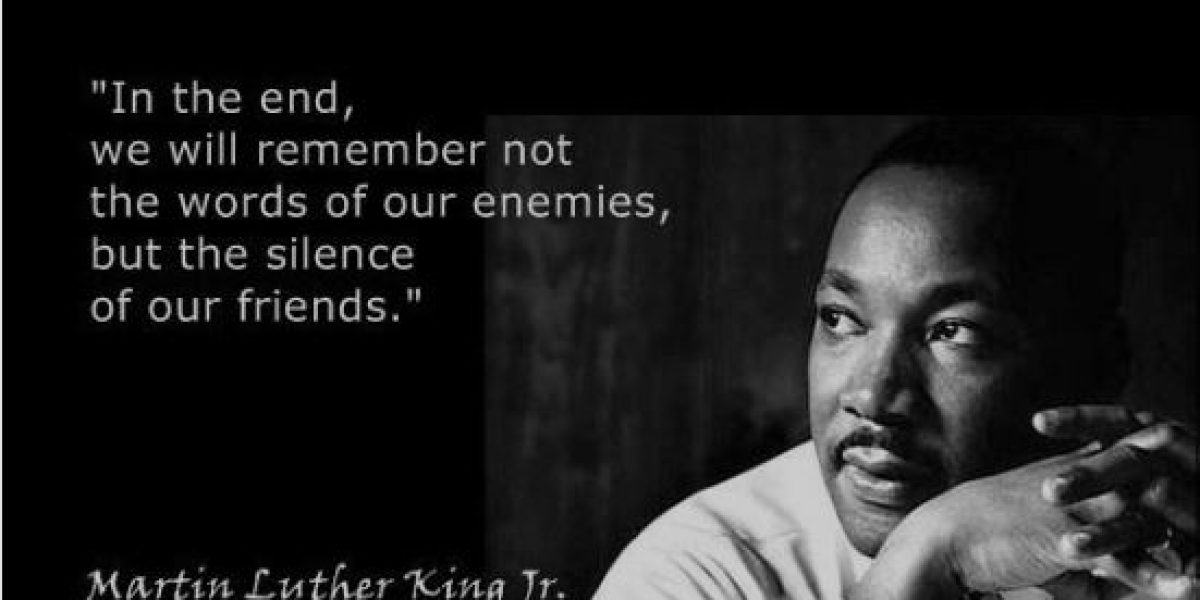Reflecting on the Power of Friendship
“In the end, we will remember not the words of our enemies, but the silence of our friends.” These profound words, attributed to Martin Luther King Jr., encapsulate the enduring impact of silence within the realm of friendship. This quote serves as a poignant reminder of the weight carried by the absence of support, understanding, and solidarity from those we consider our allies.
The Power of Words:
Words possess the ability to shape our perceptions and influence our emotions. Yet, in the grand tapestry of human relationships, it is not always the spoken words that leave an indelible mark. The quote suggests that the silence of our friends, their reticence in our times of need, resonates far more profoundly than any negative words uttered by our adversaries. This raises the question: why does the silence of friends hold such significance?
Trust and Vulnerability:
Friendship is built on trust, a delicate foundation that crumbles in the face of silence. When we open up to friends, sharing our vulnerabilities and fears, we implicitly trust them with our innermost selves. In moments of crisis, the unspoken reassurance of a friend’s presence can be a lifeline. The absence of that support, the vacuum created by silence, speaks volumes about the fragility of the bonds we thought were unbreakable.
The Silence of Apathy:
Silence in friendship can manifest in various forms, with apathy being one of the most insidious. A friend’s silence during our moments of triumph or despair can be deafening. It is not always about explicit acts of betrayal; often, it is the passive neglect, the indifference to our joys and sorrows, that leaves an enduring scar. Apathetic silence speaks of a friendship adrift, where emotional connection has eroded, leaving only a hollow shell of what once was.
The Healing Power of Spoken Words:
Conversely, when friends break their silence with words of encouragement, empathy, or even tough love, the impact is profound. The spoken word has the power to heal wounds, bridge gaps, and strengthen the bonds of friendship. Friends who break their silence when it matters most demonstrate a commitment to the relationship, an acknowledgment of the shared history and the importance of being present for one another.
Cultivating a Culture of Communication:
To avoid the haunting echoes of silence, fostering open and honest communication is imperative. Friends need to feel safe expressing their thoughts, concerns, and emotions without fear of judgment or abandonment. Establishing a culture of communication within friendships ensures that silence does not become the default response in times of need.
Conclusion:
Martin Luther King Jr.’s quote serves as a poignant reflection on the dynamics of human relationships, particularly the impact of silence within the context of friendship. In the grand tapestry of life, it is not the harsh words of adversaries that linger in our memories but the profound silence of friends. As we navigate the complexities of friendship, let us strive to break the silence, to be present for one another with words of support, understanding, and love. After all, in the end, it is the resonance of our shared voices that defines the essence of true friendship.



